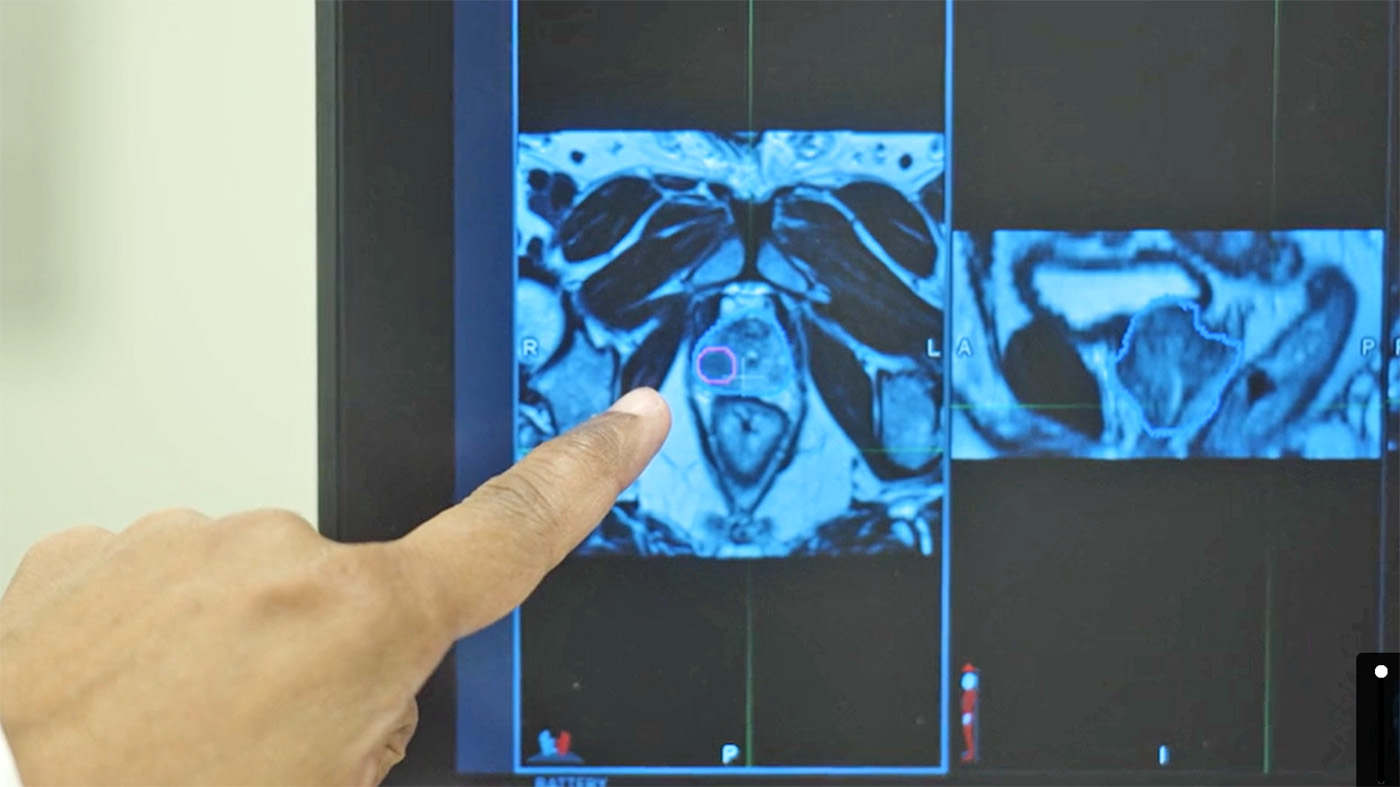It is important for Veterans to know that not all prostate cancer cases require treatment. If treatment is necessary, VA can support you through your diagnosis by providing access to the latest technology and approaches to individualized care. Treatment can be tailored to your unique genetic profile, benefiting you and future generations. There are also options that can bring anti-cancer therapy to you.
September is Prostate Cancer Awareness Month and an opportunity to acknowledge the more than 200,000 Veterans who have survived prostate cancer and the 15,000 Veterans who are diagnosed and treated for prostate cancer at VA each year.
“In recent years, we’ve built an infrastructure at VA that provides comprehensive support to Veterans with prostate cancer, including genetic analyses and access to advanced treatments and imaging. Through VA’s National TeleOncology programs and virtual clinical trials, Veterans nationwide can access specialized expertise and therapies, regardless of their location,” said Dr. Matthew Rettig, chief of hematology-oncology at the Greater Los Angeles VA.
While prostate cancer affects a significant number of Veterans, approximately 33% of cases within VA occur in Black male Veterans, who are 6% more likely to have high-risk forms of the disease. American Indian and Alaska Native Veterans are also diagnosed with prostate cancer at a higher rate than their white and Asian Veteran peers.
Recent studies show that when Black Veterans receive care through the VA system, they have better outcomes than those using private health care services. This is because VA reduces barriers to access that can be seen in non-VA settings.
Supporting Veterans with best-in-class prostate cancer care
As prostate cancer remains one of the most common cancer diagnoses among Veterans, VA has introduced several new and expanding programs that support Veterans throughout their prostate cancer journey, including:
- National Precision Oncology Program (NPOP): VA uses molecular testing to better select cancer treatment strategies for each individual Veteran, like Army Veteran John Hoose featured in this video.
- Clinical Pathways: VA’s oncology experts have developed a prostate cancer clinical pathway which uses current research to recommend the most effective, safe and cost-efficient treatments for Veterans with the least possible side effects, based on national guidelines and expertise.
- Precision Oncology Program for Cancer of the Prostate: Provides Veterans with cutting-edge therapies for prostate cancer through a partnership with the Prostate Cancer Foundation and VA-sponsored clinical trials, such as the Prostate Cancer Analysis for Therapy Choice program.
- National Radiation Oncology Program (NROP): Practiced across VA to treat prostate cancer, NROP is guided by best-in-class leaders in oncology who are committed to providing high-quality care to Veterans.
- Virtual Tumor Board: Multidisciplinary experts from across the U.S. come together virtually to carefully review individual cancer cases and discuss the best treatment options for each Veteran.
- National TeleOncology (NTO): World-class oncology care and services to Veterans regardless of where they live.
- Comprehensive Genetics Services (CGS): Offers accessible cancer genetic counseling to Veterans, including personalized cancer risk assessments, interpretation of test results and information about cancer treatment options and what it may mean for your family members if you’re diagnosed with cancer. Watch the CGS video “Cancer Code.”
- Close to Me Novel Infusion Care Delivery Service: Provides anti-cancer therapy services at Community-Based Outpatient Clinics, mobile infusion units and patient homes.
Learn more about VA cancer care
Learn more about VA prostate cancer care.
Visit My HealtheVet to speak with your health care team, so together you can manage your health.
Topics in this story
More Stories
The Medical Foster Home program offers Veterans an alternative to nursing homes.
Watch the Under Secretary for Health and a panel of experts discuss VA Health Connect tele-emergency care.
The 2024 National Veteran Suicide Prevention Annual Report provides the foundation for VA’s suicide prevention programs and initiatives.







Thank you for this article, I’ve suffered from Prostatitis for over 20 years, and recently had a prostate biopsy at my closest VAMC. I appreciate the positive news and feedback for treatment and care.
Does the new prostate task force offer PROTON therapy as well as other means of treatment?
I have an enlarged prostate pressing on my bladder. Has not been diagnosed with cancer . Is there any treatment for this condition? I have a hard time empting my bladder.
Thank you for posting this information.
I will be discussing this issue with my doctor at my visit this month. Very helpful and timely.
Excellent article! We need more of this kind of information, both medical as well as financial. In marketing terms, if you as a veteran have a problem or a question, the VA has an answer/solution, and in many cases, the best for veterans. Drive people to the website and make it as user friendly as possible. We’re all getting older!